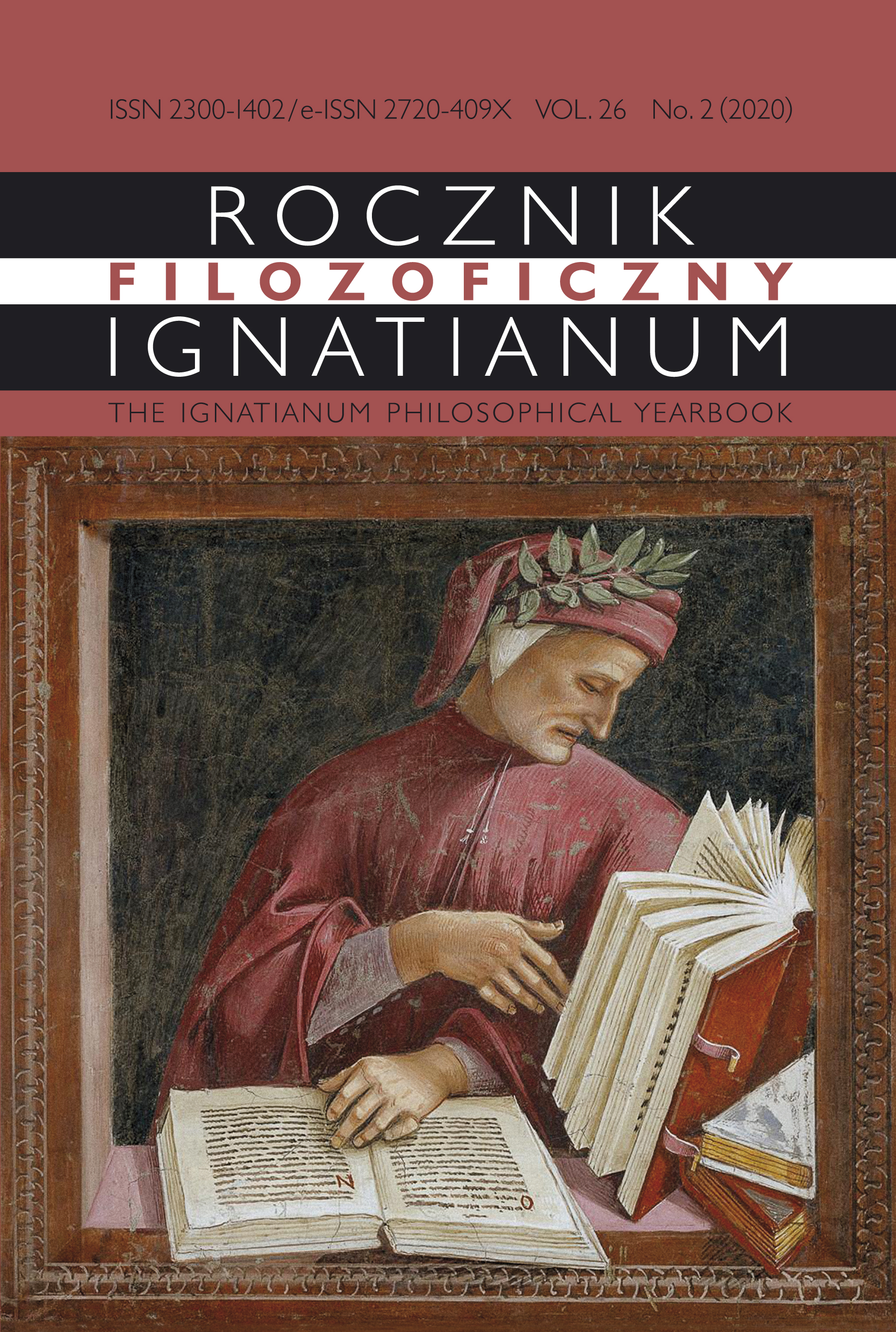Introduction
Abstract
The year 2021 has come exactly 700 years after the death of Dante Alighieri, one of the greatest authors of world literature. The Polish Classical, Romantic and Catholic traditions had been drawing from his works by the handful, and especially from the Divine Comedy. Dante was near and dear to many generations of our ancestors, accompanying them on the various levels of education, throughout middle school, high school and university. For the learning youth, he was a mentor and teacher who presented human nature in its all dimensions, from atrocity to heroism and holiness. In times of confusion that we are living through, when not only as individuals and communities, but as the entire Western civilization we have found ourselves in the “dark woods” (una selva oscura) to be preyed upon by the three beasts (le tre fiere): pride, greed and lust, Dante remains a beacon and inspiration for all those who believe that there is an objective truth and universal values that apply to all people regardless of race, nationality or social status.
Copyright (c) 2020 Jesuit University Ignatianum in Krakow

Dieses Werk steht unter der Lizenz Creative Commons Namensnennung - Keine Bearbeitungen 4.0 International.
Rocznik przyjmuje do druku wyłącznie materiały, które nie wchodzą w żaden konflikt interesów, żaden konflikt z prawem autorskim itp. Redakcja prowadzi działania przeciw: plagiatom, ghostwriting1, guest/honorary authorship2 itp. Autor pracy zbiorowej, który jest pierwszy na liście, bierze na siebie odpowiedzialność i ma obowiązek przedstawić wkład wszystkich współautorów. Jeśli publikacja powstała dzięki dedykowanym środkom finansowym, należy ujawnić to np. w Podziękowaniu, przypisie itp. Ew. przedruki wymagają jawnego zgłoszenia i okazania odpowiedniego pozwolenia wydawniczego. Autorzy / Recenzenci nierzetelni narażają się na reakcję właściwą stosownym instytucjom.
______
1 Ma to miejsce, gdy osoba mająca istotny wkład jest pominięta na liście Autorów czy w Podziękowaniu.
2 Zachodzi, gdy na liście autorskiej pojawia się osoba mająca znikomy/żaden udział w pracy.





